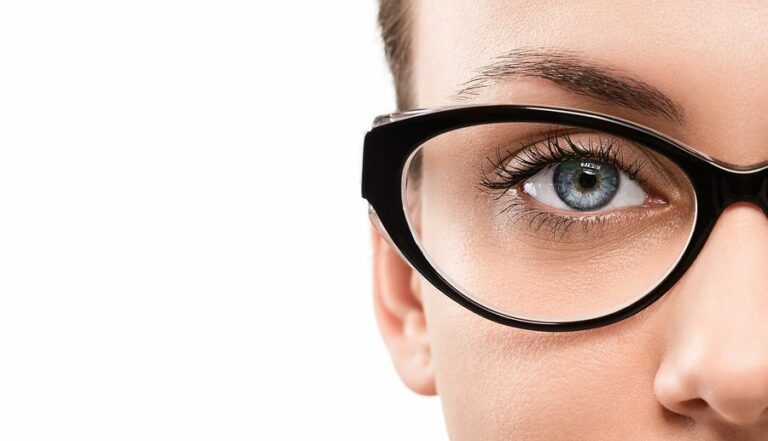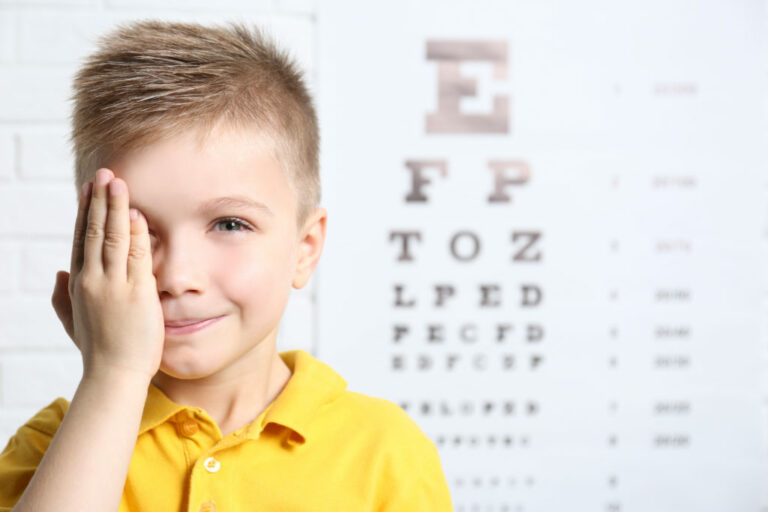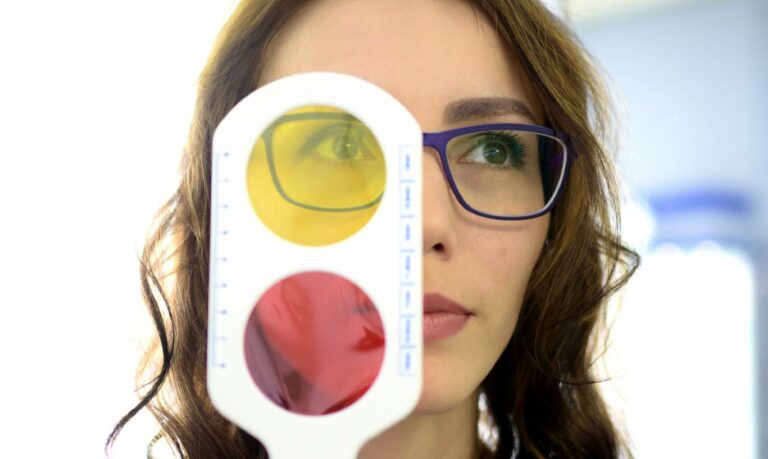Many of us know little to nothing about the negative effects of blue light, even though it is a constant presence in our lives. Research continues to find that blue light is damaging to the eyes, and as eye care providers, we want to make you aware of the negative effects of blue light and suggest steps you can take to lessen your exposure to blue light in everyday life.
What is Blue Light?
Blue light is the high-energy, high-frequency light that appears between 400 and 500 nm on the visible spectrum. The negative effects of blue light are numerous. Due to its higher frequency, it goes down deeper into the eye, and the effects of this can be quite damaging to the retina. It has also been proven as a cause of age-related macular degeneration, which is induced by the phytochemicals that are present in blue light. Electronics, including televisions, smartphones, and laptops, are all creators of blue light, making it a constant presence in our lives.
Negative Effects of Blue Light
Studies have concluded that blue light can also cause detrimental shifts in circadian rhythms, leading to problems with diabetes and obesity. On average, 30% of the natural light that you take in every day is blue light. When you consider how much natural light you get on a daily basis, the harmful effects of exposure to blue light start to add up. However, blue light is not only present during the day. It makes up a large component of nighttime light as well. This is why people working nighttime shifts experience an increased chance of health problems, including depression and a risk of cardiovascular issues.
Children are most at risk. According to an article by Huffington Post, “… their eyes are still developing, and they don’t yet have the protective pigments in their eyes to help filter out some of [the] harmful blue light.” Children are exposed to more blue light than any generation before with entertainment and even homework being done on electronics. It is important that parents make an effort to limit their children’s’ exposure to blue light.
Tips for Limiting Blue Light Exposure
- Limit your use of electronics, especially 1-2 hours before bedtime. This includes televisions, laptops and mobile phones.
- If you use a computer at work, turn the brightness down on your screen.
- Make sure to use the 20-20-20 rule and refocus your eyes on something 20 feet away for 20 seconds every 20 minutes while using a digital device.
- If you have flexibility at your workplace, try working in a room without florescent lights to rest your eyes.
- Ask your doctor about glasses with lenses that block blue light.
If you want to block out these harmful emissions, there is a solution available. Crizal Prevencia are revolutionary lenses that help protect your eyes from the negative effects of blue light as well as UV light. These lenses are an investment worth having for the sake of your eye health. Come to a VisionFirst near you and talk to a doctor about Crizal Prevencia.






